
Not just a piece of fabric — it’s your daily mood, your attitude, your freedom, and your fearless identity


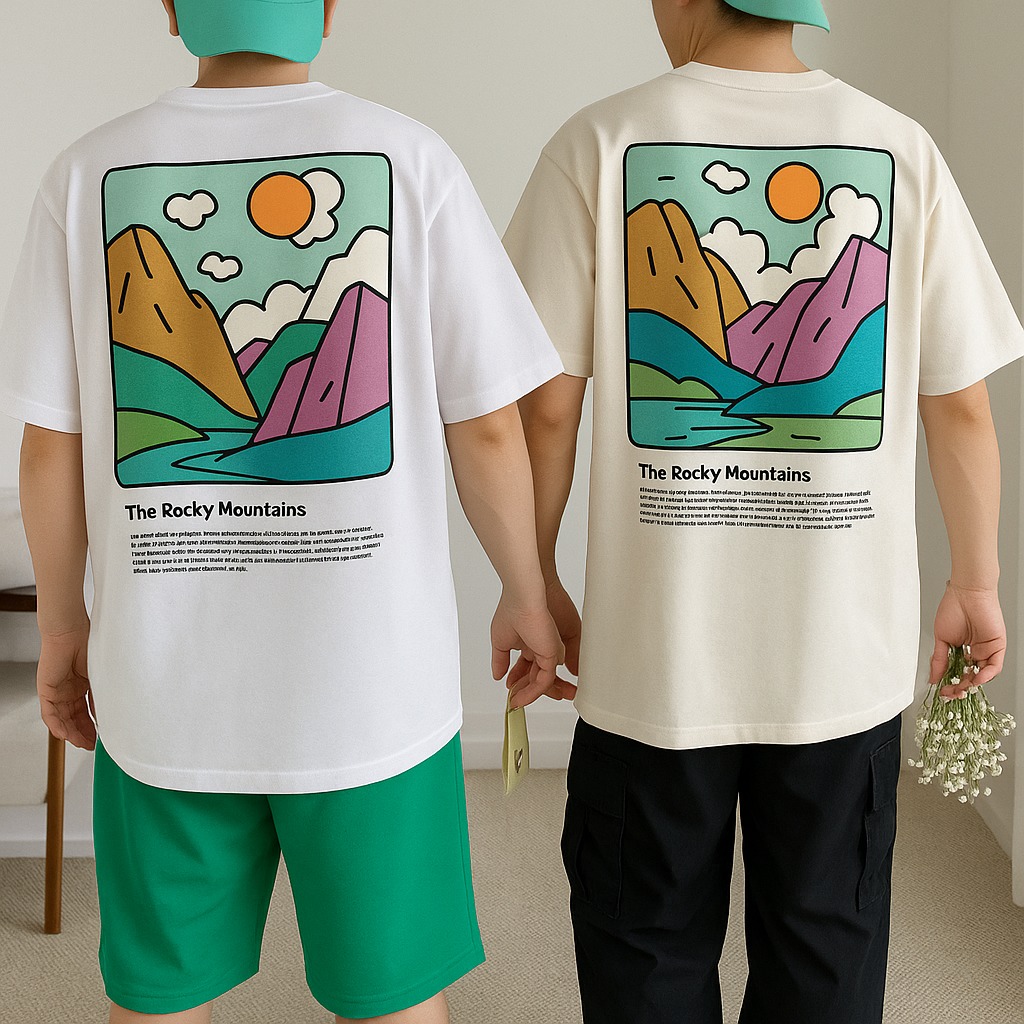
The t-shirt stands as one of the most democratic garments ever created. It transcends cultural
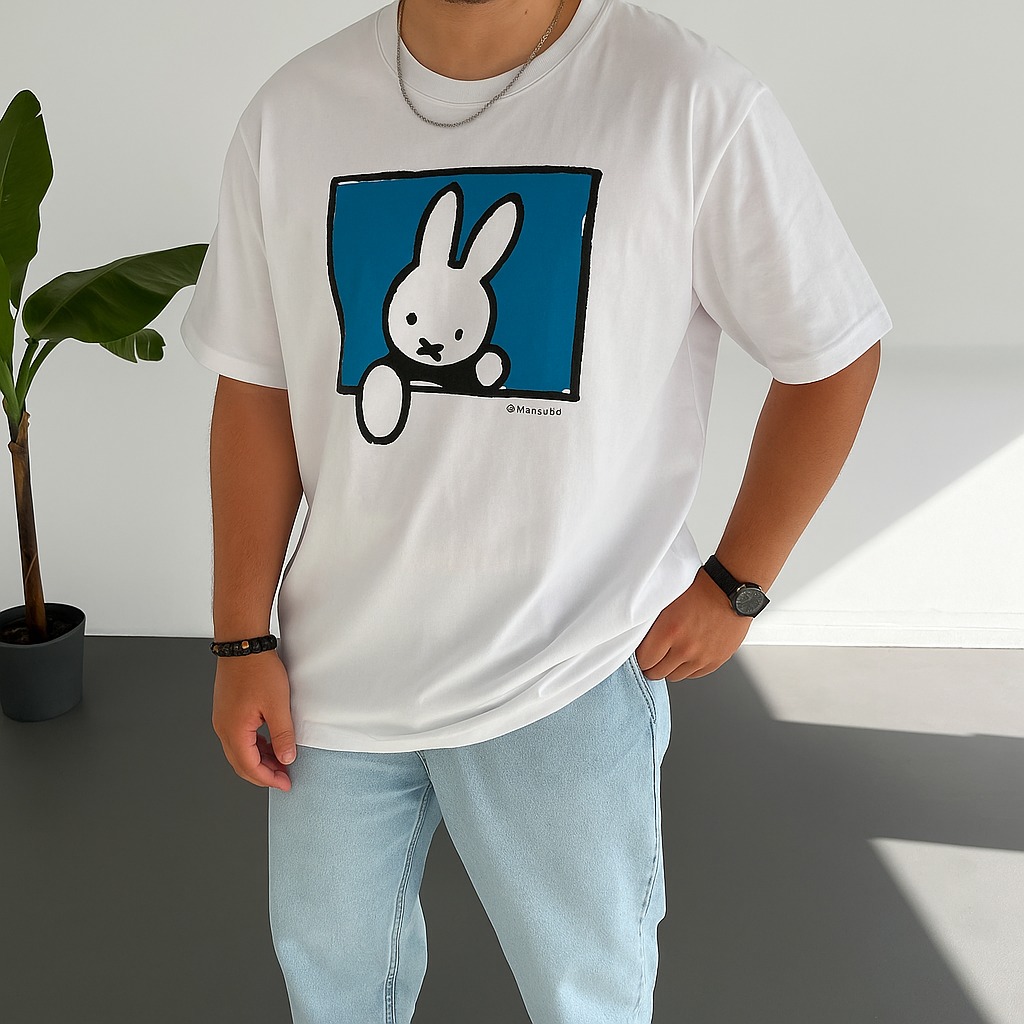
Denim jeans stand as one of the most recognizable and enduring garments in the history
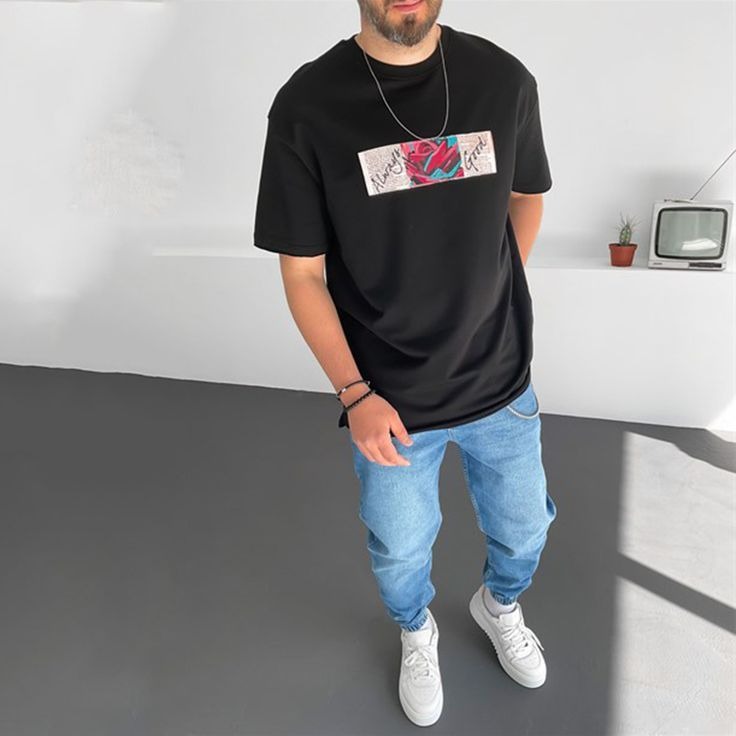
The Enduring Allure of the Leather Jacket: An In-Depth Exploration of Heritage, Craftsmanship, Culture, and
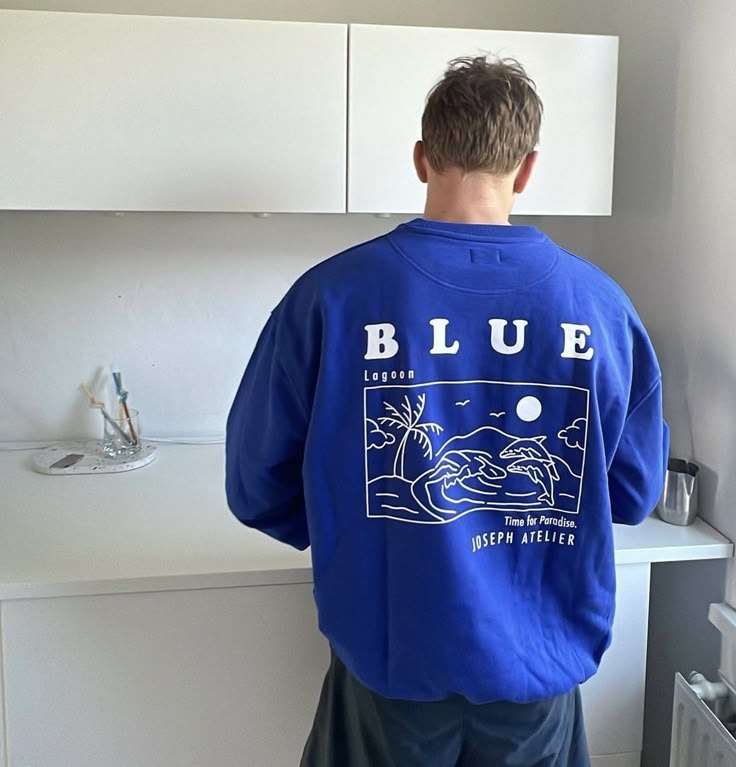
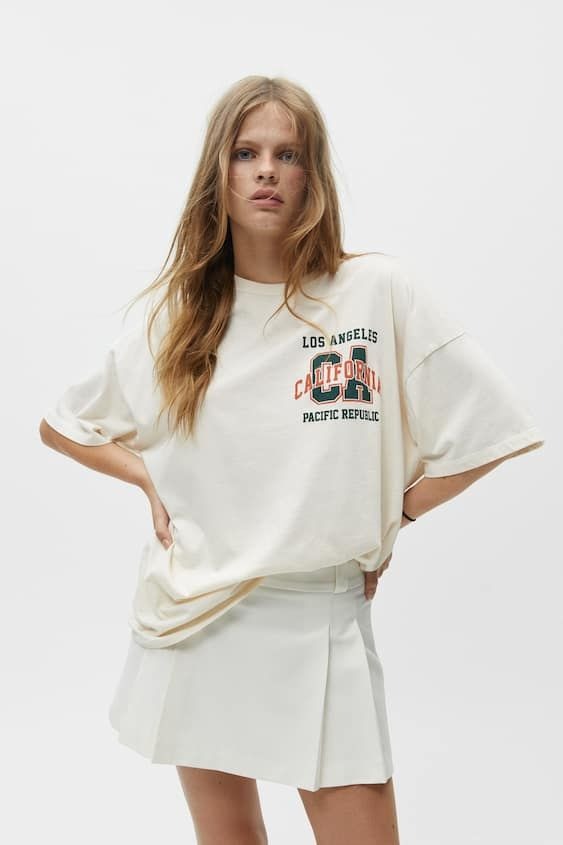

Snuggle buddies for sweet dreams and happy days


Business Name: Bui Thi Hiep Anh
Address: Thôn Cẩm Nang, Tiên Nha, Lục Nam, Bắc Giang, Việt Nam
Time Support: 8:00 AM – 7:00 PM (EST) (Monday – Saturday)
Email: pay@stirrshirts.com
China Warehouse: Shisanhang Road, Liwan District, Guangzhou, Guangdong, China
USA Warehouse: 11029 Harry Hines Blvd, Bldg A, Dallas, TX 75229, United States
UK Warehouse: 16-20 Hurlingham Business Park, Sulivan Road, London SW6 3DU, United Kingdom
Viet Nam Warehouse: Đường 22A KCX Tân Thuận, Q.7, TP.HCM, Việt Nam
Copyright Stirrshirts. All rights reserved